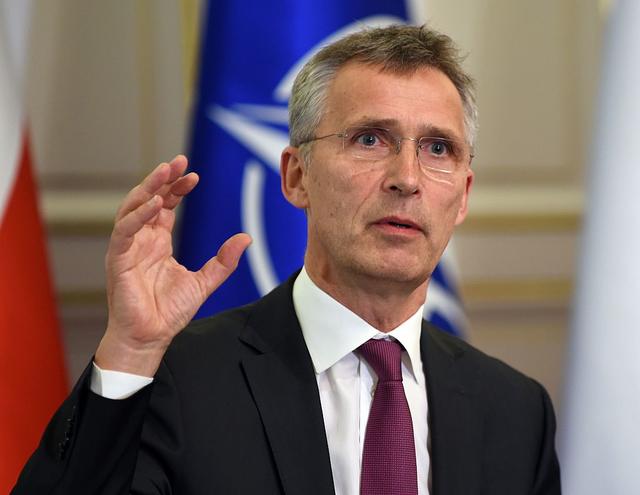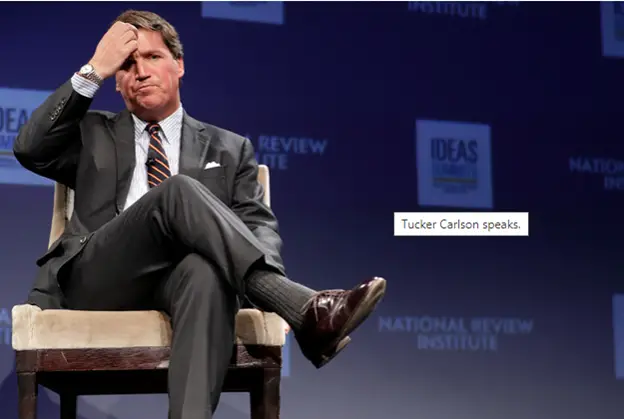The EU Referendum in Moldova Will Separate the Sheep from the Goats
Maia Sandu, the president of Moldova, has threw a political bomb into this year’s presidential contest.

Sandu’s decision to include a referendum on EU membership in the elections caught opponents off guard and made it more difficult for them to install a president who is close with the Kremlin to succeed her.
Polls indicate that she faces a formidable challenge to get a second four-year term, but they also demonstrate a resounding endorsement of EU membership. The message is rather obvious: you can change the head of state, but you will have to live with Moldovans’ open declaration that they want to join Europe and reject the Kremlin’s plan to unite them with Eurasia. The outcome would, in fact, be incorporated into the constitution.
While Western assistance and attention in Moldova are frequently sporadic, Russia’s unwavering gaze is fixated on its objective.
On January 12, Maria Zakharova, a spokesperson for the Russian Foreign Ministry, claimed that Moldova was being utilized as “a springboard that will be used to ‘destroy’ Russia.”
She clarified that this NATO scheme is “doomed to failure” since “the friendly Moldovan people see, understand, and feel this—Russia has never posed a threat to them.”
Most Moldovans will be surprised by this, as a result of decades of occupation of the country’s east, energy blackmail, and aggressive propaganda, they have an almost two-to-one bad opinion of Putin.
President Sandu, the nation’s most pro-Western leader since independence and a former World Bank economist, has significantly reduced Russian influence by securing energy from Europe and putting a stop to the Kremlin’s ceaseless political warfare. Despite this, surveys for the impending elections this fall indicate that Sandu is just marginally ahead of her most likely opponent, the ardently pro-Russian former president Igor Dodon. (She leads Dodon 30% to 24% in polls, with many people unsure.)
Her initiative to realign Moldova is moving along quickly in the meanwhile. The energy minister made a historic announcement in October: Moldova had started purchasing the majority of its gas from Europe, moving away from Gazprom, which had been a potent tool in Russia’s arsenal against the resource-poor nation.
Following Sandu’s victory in the 2021 parliamentary elections, the Russian state energy corporation quadrupled its prices and demanded that Chișinău pay the $700 million debt Transnistria owed them.
Within three months, inflation reached a peak of about 17%, and shortly after, Russia invaded Ukraine on a large scale, with Russian commentators openly discussing “reunification” with Transnistria. As its economy reeled from the destruction next door, Moldova received more migrants per person than any other country in the world, pushing inflation to 35% by October 2022.
The Moldovan electorate suffered as a result of the country’s economic distress and displacement. The excitement around Sandu’s candidacy had faded by November 2022. The majority of Moldovans surveyed stated that economic problems were far more important to them than any international ones.
In an attempt to atone for the destruction it caused, Russia planned a coup against Sandu in February of last year. After being found guilty and on the run, Ilan \or, a politician who intelligence had linked to the coup attempt, organized large-scale demonstrations against the government that spring. However, the Constitutional Court declared that his party’s financial dependence on Russia and its obvious plans for a forceful takeover of power were illegal under Moldovan law. The party was outlawed.
The public perception of Sandu and PAS has been eroded by the economic unrest and the seeming harsh treatment of their opponents. In October of last year, PAS performed passably in local elections, although with a smaller lead than in the 2019 election and with opposition parties maintaining or gaining mayorships in Moldova’s major cities.
Moldovans simply need to look to their two neighbors to choose which way to go if the economy is their top concern. Romania’s GDP per capita has doubled since the country joined the EU. In contrast, a third of Ukraine’s economy has been lost as a result of Russia’s treatment of that nation. Shortly after the EU declared it will start accession negotiations with Chisinau, a poll conducted last month found that 63% of Moldovans supported joining the EU.
Even if Dodon prevails this autumn, he won’t have much political backing to veer the nation away from its European trajectory.
Russia’s most potent leverage has been removed along with the most excruciating economic costs of disentanglement, now that inflation is under control and commerce has been redirected away from Russia. Sandu might secure her legacy long after this election if she were to secure majority support in a referendum on EU membership.
Ben Dubow is the creator of Omelas, a website that monitors authoritarian influence online, and a Nonresident Fellow at CEPA.
Europe’s Edge is the online journal published by CEPA that covers important foreign policy issues in both North America and Europe. All thoughts are the author’s own and do not necessarily reflect the position or viewpoints of the Center for European Policy Analysis or the institutions they represent.

